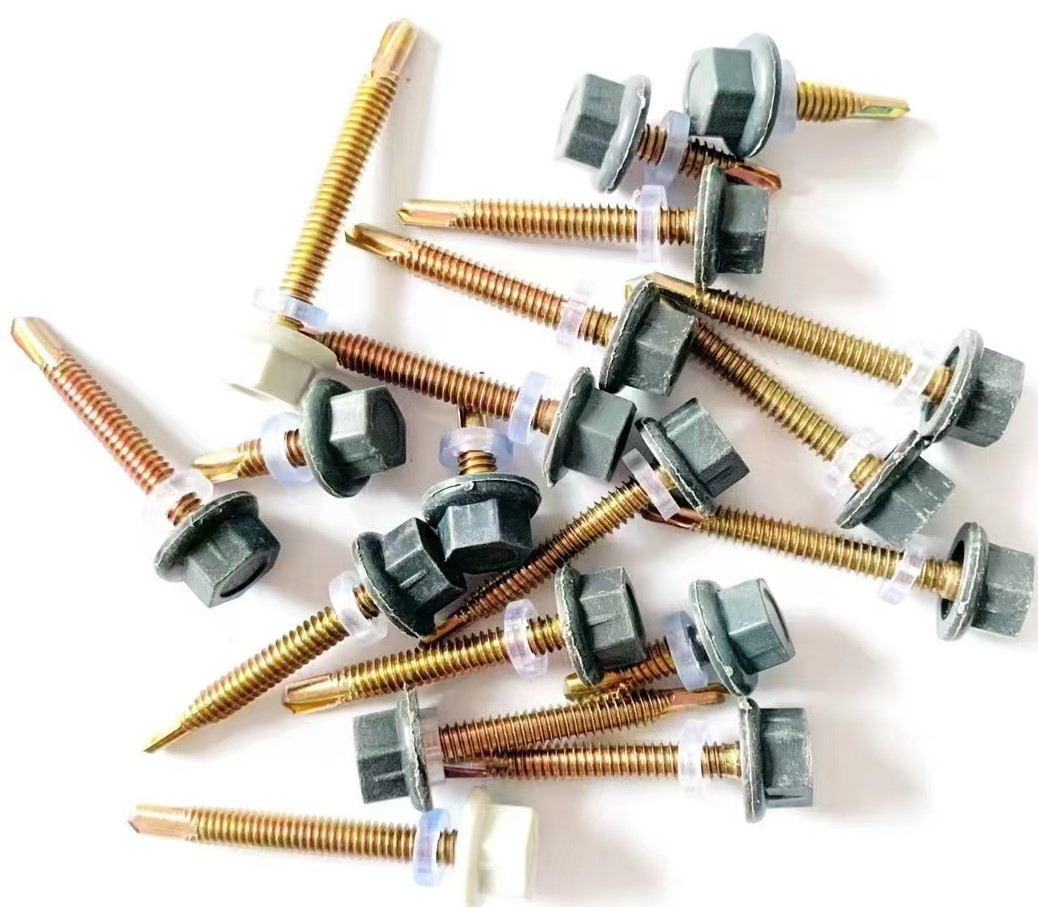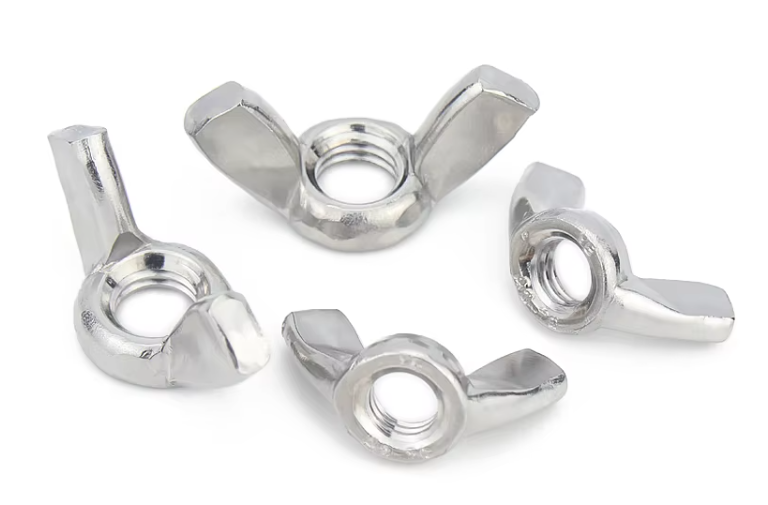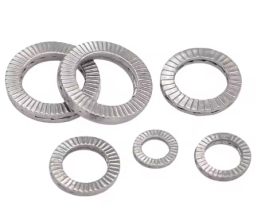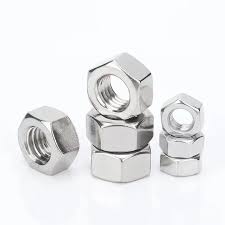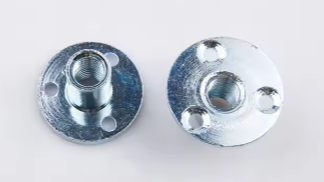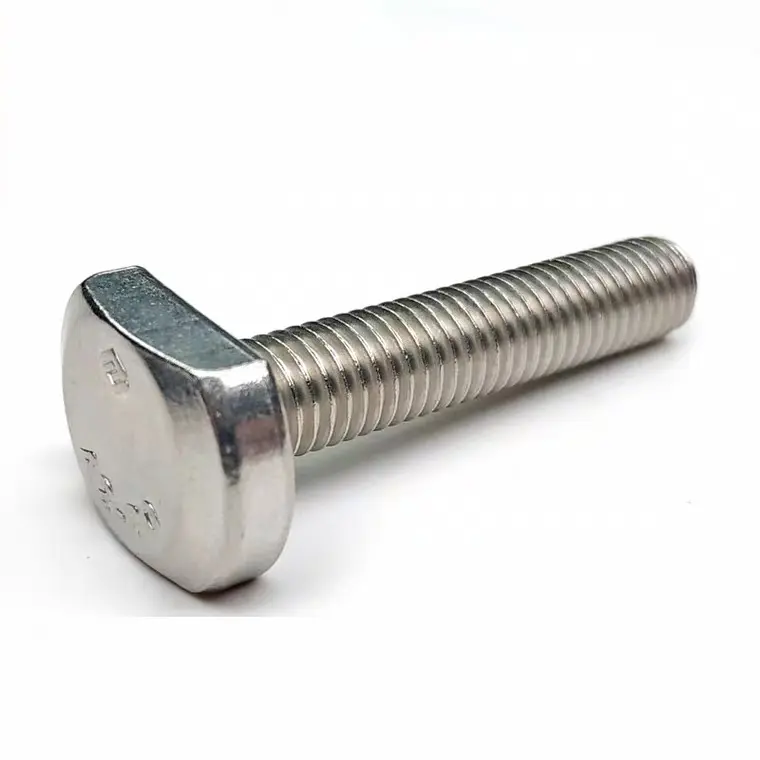

This guide provides a comprehensive overview of DIN 912 12.9 high-tensile bolts, covering their specifications, applications, and considerations for proper selection and use. Learn about the material properties, strength classes, and best practices for ensuring secure and reliable fastening. We'll explore the differences between various bolt grades and provide insights into their suitability for different engineering applications.
DIN 912 is a German standard (Deutsche Industrie Norm) specifying the dimensions and tolerances for hexagonal head bolts with a full-thread profile. These bolts are commonly used in various industries due to their strength and reliability. The 912 designates the specific design within the DIN system.
The 12.9 designation refers to the bolt's material properties and tensile strength. The 12 represents the minimum tensile strength (1200 MPa), while the 9 indicates the minimum yield strength (900 MPa). This high-tensile strength makes DIN 912 12.9 bolts suitable for applications requiring exceptional load-bearing capacity.
DIN 912 12.9 bolts are typically manufactured from high-quality alloy steel, specifically designed for their high strength and resistance to fatigue. The precise alloy composition can vary slightly depending on the manufacturer, but all must meet the stringent requirements of the DIN 912 standard.
These high-strength bolts find applications in a wide range of demanding engineering projects. Some examples include:
The DIN 912 12.9 standard defines various sizes and lengths of bolts. Selecting the appropriate size is crucial for ensuring a secure and reliable connection. Proper consideration of thread pitch and length is essential to avoid over-tightening or insufficient engagement.
Different surface treatments, such as zinc plating, galvanization, or other coatings, can enhance corrosion resistance and increase the lifespan of the bolts. The choice of surface treatment depends heavily on the application environment.
Correct torque is crucial when installing DIN 912 12.9 bolts. Over-tightening can lead to bolt failure, while under-tightening compromises the joint's integrity. Always consult the manufacturer's recommendations or relevant engineering standards for appropriate torque values. Using a calibrated torque wrench is essential for precise tightening.
Using appropriate lubricants can help to reduce friction during tightening and increase the longevity of the fastener. Consult the manufacturer for lubricant recommendations specific to DIN 912 12.9 bolts.
| Bolt Grade | Tensile Strength (MPa) | Yield Strength (MPa) | Typical Applications |
|---|---|---|---|
| 8.8 | 800 | 640 | General purpose applications |
| 10.9 | 1000 | 800 | Medium-strength applications |
| 12.9 | 1200 | 900 | High-strength applications |
For high-quality DIN 912 12.9 bolts, consider reputable suppliers who adhere to strict quality control measures and provide certifications to guarantee the specified material properties. For a reliable source of high-quality fasteners, explore Hebei Dewell Metal Products Co., LTD. They offer a wide range of fasteners including DIN 912 12.9 bolts.
Remember always to consult relevant engineering standards and manufacturer specifications before selecting and installing DIN 912 12.9 bolts to ensure the safety and reliability of your project.

